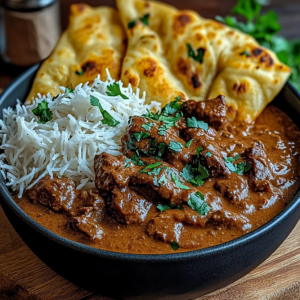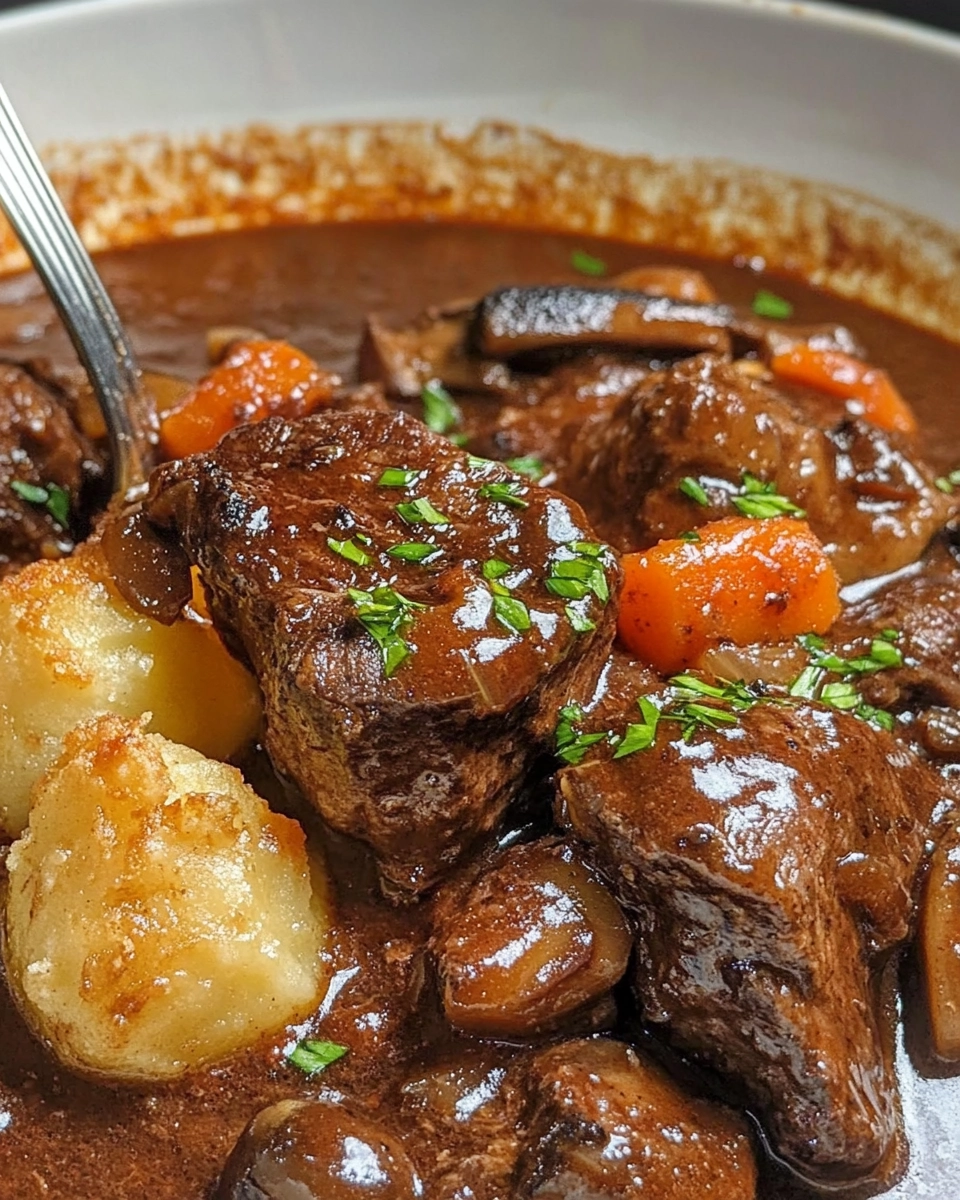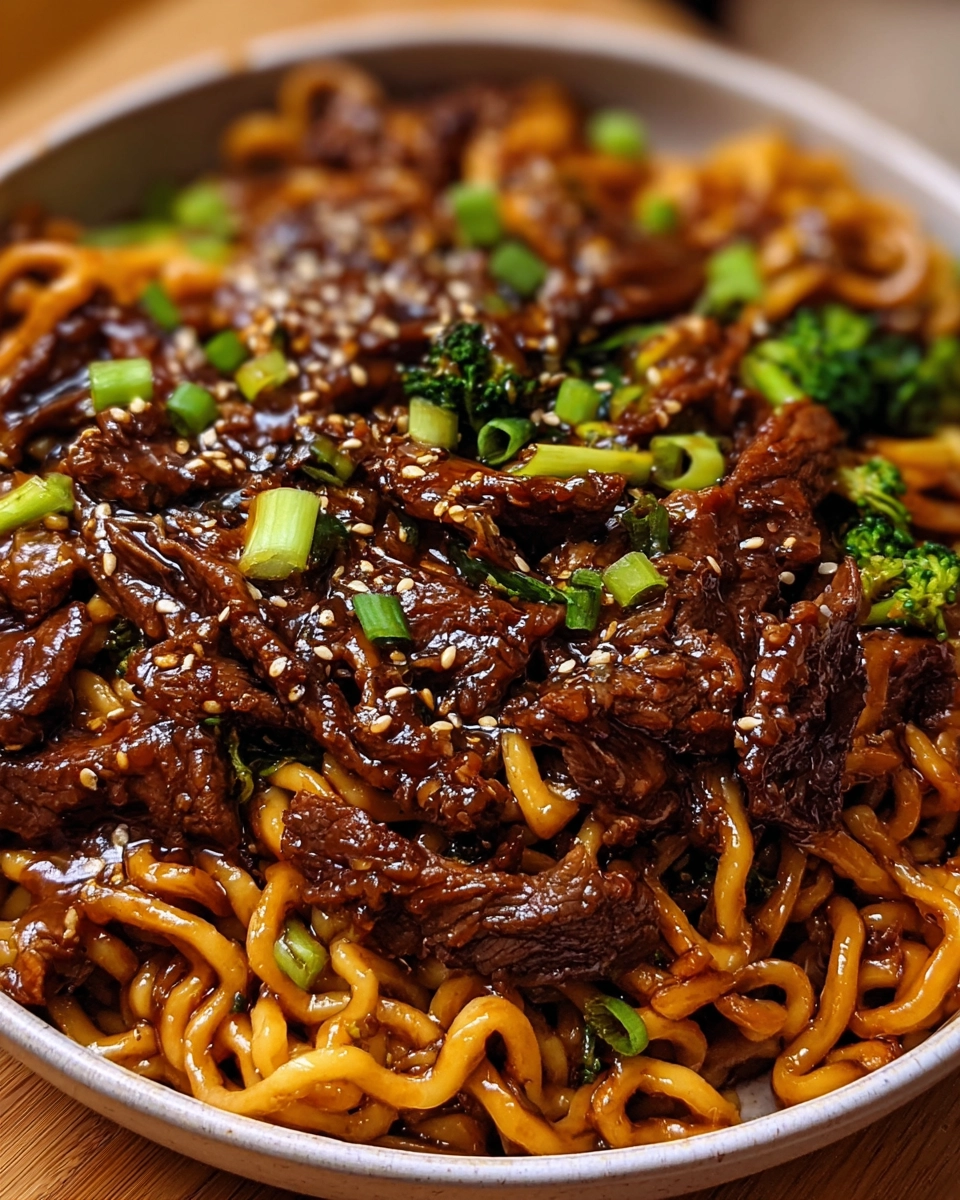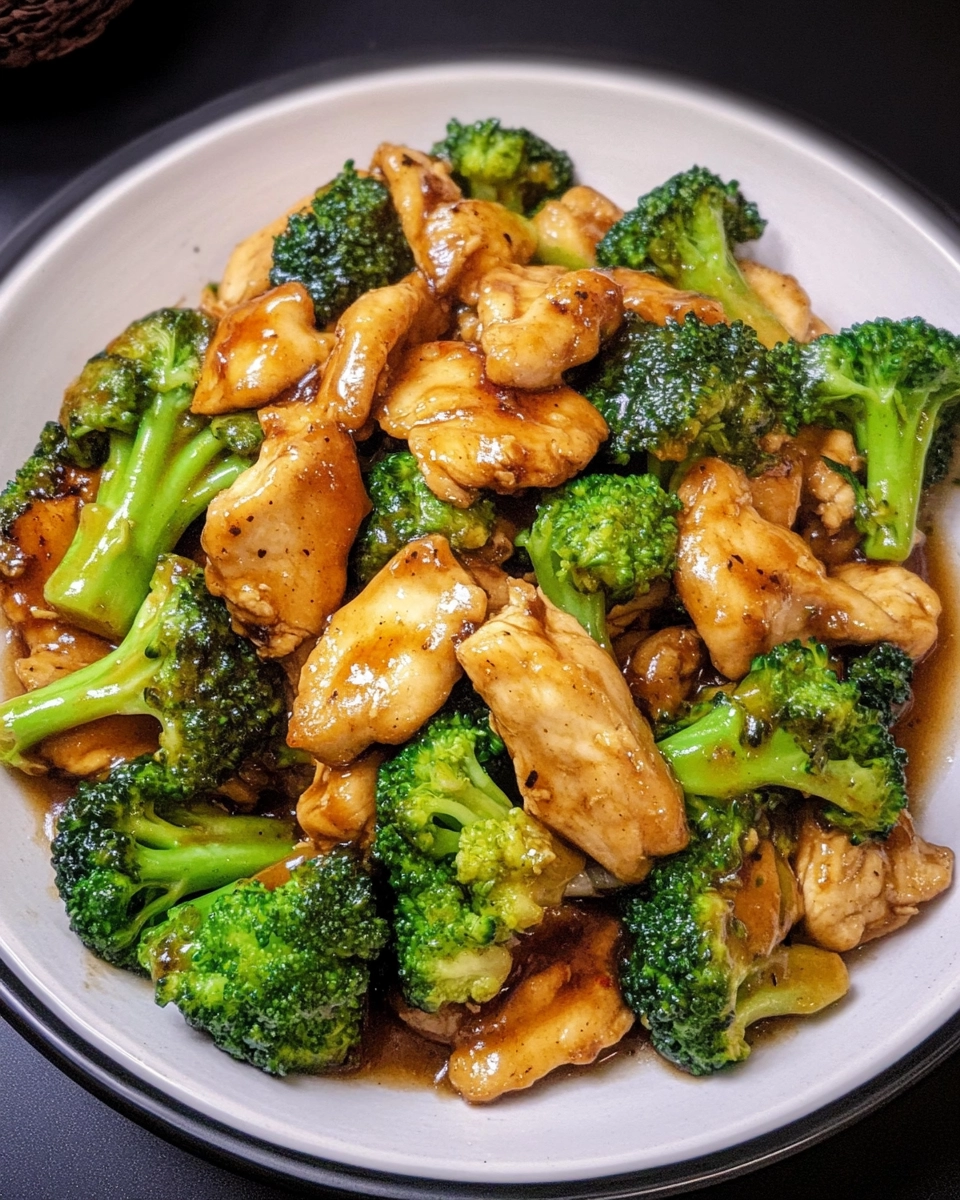Hi there!
My name’s Maggie Rae Donovan, and I’m a 42-year-old home cook living just outside of Asheville, North Carolina. I’m not a classically trained chef. I never went to culinary school, and you won’t catch me quoting the greats from glossy cookbooks. But I’ve spent the last 25 years stirring, sizzling, baking, burning (yes, sometimes), and falling madly in love with food in my own little kitchen.
My cooking journey started like most Southern stories do, in my grandmother’s kitchen, where butter was measured with your heart and stories were passed down with every pot of collard greens. I remember being six years old, standing on a chair, watching her fold biscuit dough like it was some kind of magic trick. It stuck with me. Not just the biscuits, but the comfort, the warmth, the way food made people sit down and stay awhile.
Life took its turns. I became a nurse, raised two beautiful daughters, and moved more times than I can count. But one thing remained steady. I always cooked. When money was tight, I got creative. When we were celebrating, I went all out. I found joy in the daily act of feeding people, whether it was a pot of chili on a rainy Sunday or a full Thanksgiving spread with every dish made from scratch.
Some of my best recipes came out of “oops” moments. Adding too much lemon to a cream sauce turned into a bright new favorite. Forgetting to buy breadcrumbs once led me to crush up pretzels instead. My family still asks for “the crunchy chicken.” That’s the magic of home cooking. It’s forgiving. It invites play. It reminds us that perfection is never the point. Connection is.
Now, I spend a lot of time sharing what I’ve learned, on my blog, at local potlucks, and sometimes just by slipping a warm loaf of banana bread onto a neighbor’s porch. I love teaching other home cooks that you don’t need fancy tools or expensive ingredients to make something beautiful. What matters most is showing up, with a little time, a little heart, and maybe a little butter.
If you’re ever in my neck of the woods, don’t be surprised if you smell something simmering. The door’s always open, and I’ll probably ask you to taste-test whatever’s on the stove.
Because to me, cooking isn’t just about food. It’s about home.
Explore more cozy home-cooked meals right here

Table of Contents
Falling in Love with Slow-Cooked Beef Curry at Home
How my Southern roots and a cold North Carolina winter led me to coconut curry
I never grew up eating curry. My family dinners leaned more toward fried chicken and sweet potato pie. But the first time I tasted fragrant slow-cooked beef curry with creamy coconut and garlic naan, I knew I was in for a long love affair.
It happened one winter when the snow came down heavier than usual here in Asheville. We were all stuck inside, wrapped in quilts, watching the Blue Ridge Mountains disappear in white. I wanted something rich, something warming, something that hugged you from the inside. So I turned to my slow cooker, a can of coconut milk, and a pack of beef stew meat that had been sitting in the freezer for a while.
The result? A dish so full of spice, depth, and warmth, it became an instant family classic.
Now every winter, and honestly any time I need a little kitchen therapy, I pull out that recipe. The house fills with the scent of ginger, garlic, cumin, and a hint of cinnamon, and I know something good is coming.
Get inspired by another comforting beef slow-cook recipe
Why beef curry became my weeknight favorite for warmth and comfort
What I love most about this dish is that it’s forgiving. It simmers low and slow, meaning you can walk away and let the magic happen. And the flavors? Deep, savory, a little sweet, and creamy in a way that soothes your soul.
Beef curry with coconut milk isn’t just a meal, it’s an experience. The richness of the coconut, the warmth of the spices, and the tenderness of the beef combine into a bowl of something so satisfying, it begs for seconds.
And the garlic naan? Oh honey, don’t even get me started. It’s the perfect scoop, swipe, and side. I make it in a cast-iron skillet and let the edges crisp just enough to hold up against the curry.
Whenever friends stop by unexpectedly, this is what I serve. It’s the kind of dish that makes people feel at home, even if they’ve never been in your kitchen before.
Craving more slow-cooked beef meals? Try this Tuscan beef casserole
Understanding Beef Cuts for Slow-Cooked Curries
What is the best beef for slow-cooked curry and why?
Not all beef is created equal when it comes to a good curry. If you want rich, tender meat that melts in your mouth and carries flavor deep into every bite, you’ve got to start with the right cut.
Here are my favorite cuts for slow-cooked beef curry:
- Beef Chuck: This is my go-to. It’s marbled with fat and connective tissue, which breaks down beautifully over long cooking times. After a few hours, it’s fork-tender and deeply flavorful.
- Beef Brisket: Another solid option if you want something with a little more chew but still melts when braised slowly.
- Beef Short Ribs: Rich and luxurious, short ribs add extra beefiness and are perfect for special occasions.
- Stewing Beef: If pre-cut, make sure the pieces are uniform. Stewing beef works well but varies in quality depending on the source.
I’ve tried using lean cuts like sirloin before, and while they cook faster, they can dry out and get chewy in a long braise. Stick with cuts that love a long simmer.
I learned this the hard way. One time, I used thinly sliced steak in a curry and ended up with something that tasted like shoe leather in sauce. Now I stick to chuck roast and never look back.
Beef chuck vs. brisket vs. stewing steak: pros and cons
| Cut | Flavor | Texture | Cook Time | Best Use |
|---|---|---|---|---|
| Chuck Roast | Rich, beefy | Tender, juicy | 3–4 hours | Everyday curry & stews |
| Brisket | Deep, smoky | Dense, shreddable | 4+ hours | BBQ-style curry |
| Stewing Steak | Mild to strong | Can vary from tough to soft | 2.5–3 hours | Budget-friendly, needs watching |
| Short Ribs | Very rich | Fall-apart soft | 3.5–5 hours | Special dinners |
Choosing the right cut is the foundation of great curry. You want something that can handle a low and slow simmer while absorbing every bit of coconut and spice.
Back in my kitchen, I buy a 3-pound chuck roast, cube it myself, and let time and flavor do their work. Nothing fancy, just honest ingredients and a little patience.
Looking for a savory beef dish with unique flavors? Try this onion beef fried rice
The Magic of Coconut Milk in Curry
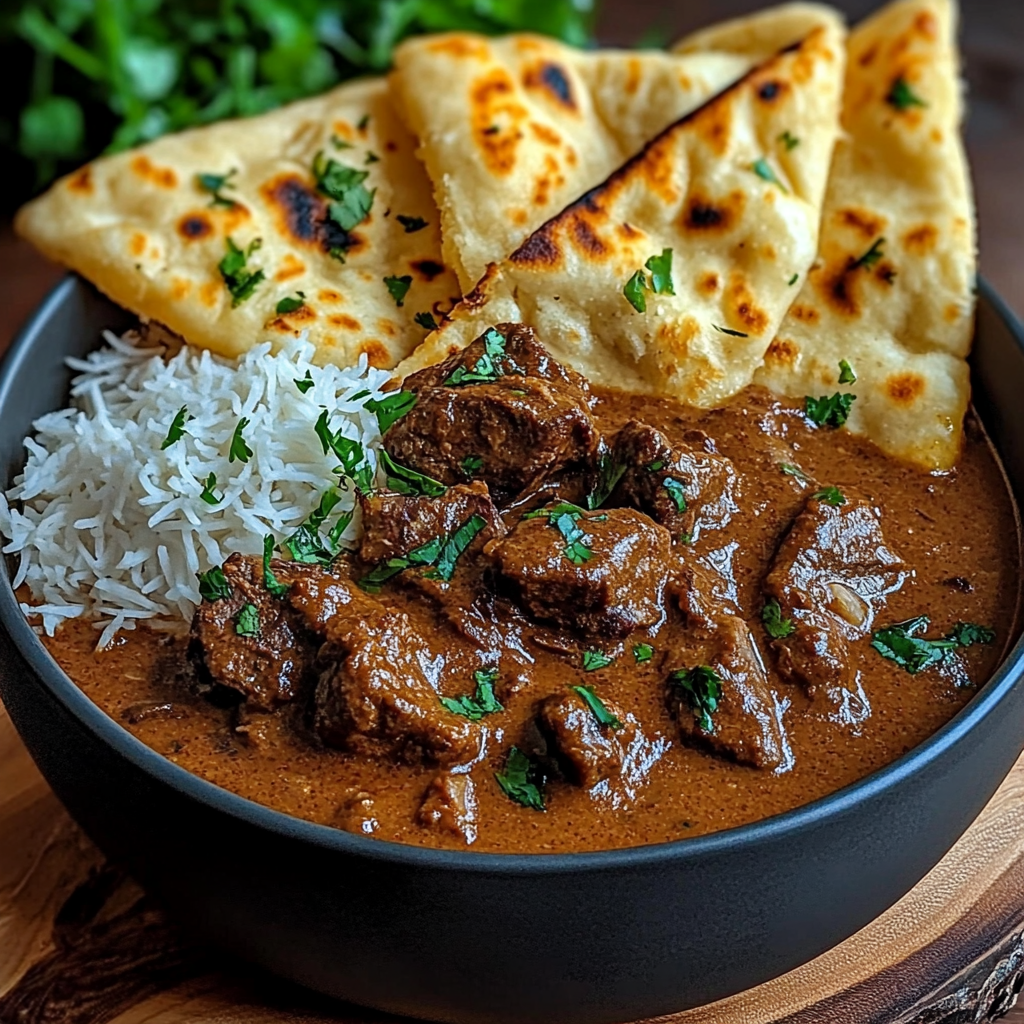
Does coconut milk go with beef? Flavors that complement richness
You might not think of pairing beef with coconut milk, but let me tell you—it works like a charm. The richness of beef and the creamy, slightly sweet nature of coconut milk make for an unforgettable combination. It’s like a hug in a bowl.
Coconut milk brings balance to the deep umami of slow-cooked beef. It softens bold spices like chili, cumin, and coriander while adding a velvety texture to the sauce. The natural fats in coconut milk also help carry the spices across your tongue, rounding out the flavor beautifully.
The result? A luscious curry sauce that clings to each tender chunk of beef and soaks into every bite of garlic naan.
I remember the first time I swapped regular cream for coconut milk in a curry. My daughter looked at me sideways when she saw that can on the counter. But by dinner time, she was licking her plate clean. Now it’s a household staple.
If you’re worried about it tasting too tropical or sweet—don’t be. The other ingredients in the curry, like garlic, onions, and spices, balance it out perfectly. It doesn’t take over. It elevates.
Best coconut milk types: full-fat, canned, or light?
Not all coconut milk is the same, and the one you choose can really impact your curry’s texture and taste. Here’s what to look for:
- Full-fat canned coconut milk: This is the gold standard for curry. Thick, creamy, and packed with flavor. It gives the sauce that luscious, silky finish that makes you want to go back for seconds.
- Light coconut milk: This works in a pinch but can result in a thinner, less satisfying sauce. You might need to reduce it longer to get the same richness.
- Coconut cream: Super thick and very rich. Use this if you want a thick curry sauce or need to stretch the dish for extra guests. Just be careful—it’s very concentrated.
- Boxed or refrigerated coconut milk (for drinking): Skip it. It’s too thin and often has additives that won’t hold up well during cooking.
When I’m cooking for guests, I always go with canned full-fat coconut milk. It gives me consistent results and that signature creamy texture every time.
If you want to experiment, try blending full-fat coconut milk with a spoonful of yogurt or a splash of lime juice near the end of cooking. It brightens up the whole dish without losing the richness.
Looking for more creamy coconut comfort? Don’t miss this tropical chicken bowl
Building Flavors: Spices, Aromatics, and Base Ingredients
Must-have spices for deep curry flavor (turmeric, cumin, coriander)
A good curry starts with good spices. They’re the backbone of the entire dish. If your curry tastes flat, chances are your spice blend needs work. For a fragrant slow-cooked beef curry with creamy coconut and garlic naan, here’s what I always reach for:
- Turmeric: Adds warm color and an earthy, grounding flavor.
- Cumin: Offers smokiness and depth. Use both ground cumin and whole cumin seeds for layers of flavor.
- Coriander: Mild and citrusy, this spice adds balance and prevents the dish from feeling too heavy.
- Garam Masala: This is your finisher. A warming spice blend (usually cinnamon, cardamom, clove, and more) that adds complexity right before serving.
- Paprika or Kashmiri Chili: For color and mild heat. It’s not too spicy but brings warmth.
- Cinnamon Stick or Ground Cinnamon: A pinch goes a long way in adding cozy undertones that pair beautifully with coconut milk.
I keep my spices in small mason jars by the stove, ready for action. One whiff of cumin hitting hot oil and you’ll understand why.
A spice tip from my Southern grandma: always toast your spices. Just a quick stir in oil or a dry pan wakes them up and brings out hidden notes that raw spice can’t offer.
Using garlic, ginger, and onion to layer the flavor base
Before the spices even hit the pot, you need to build your base. That starts with a good old-fashioned onion-garlic-ginger trio, also known in Indian cooking as the holy trinity of flavor.
Here’s how I do it:
- Onions: Slice or finely dice and cook them low and slow. You want them caramelized—not just softened. This gives the curry sweetness and depth.
- Garlic: Use fresh garlic. Smash and finely chop 4–6 cloves. Add it once onions are golden so it doesn’t burn.
- Ginger: Grate fresh ginger root with a microplane. About a tablespoon goes a long way in adding zing and warmth.
Once your aromatics are softened, add your spices and let them bloom in the hot oil before adding beef. This step is everything. You’ll know it’s working when your kitchen smells like your favorite Indian restaurant.
When I first tried curry, I tossed everything in the pot at once and wondered why it tasted bland. Now I layer every ingredient with love and time, and the result is magic in a bowl.
Discover another way to elevate aromatics with this creamy mushroom skillet
Step-by-Step: How to Make a Slow-Cooked Beef Curry
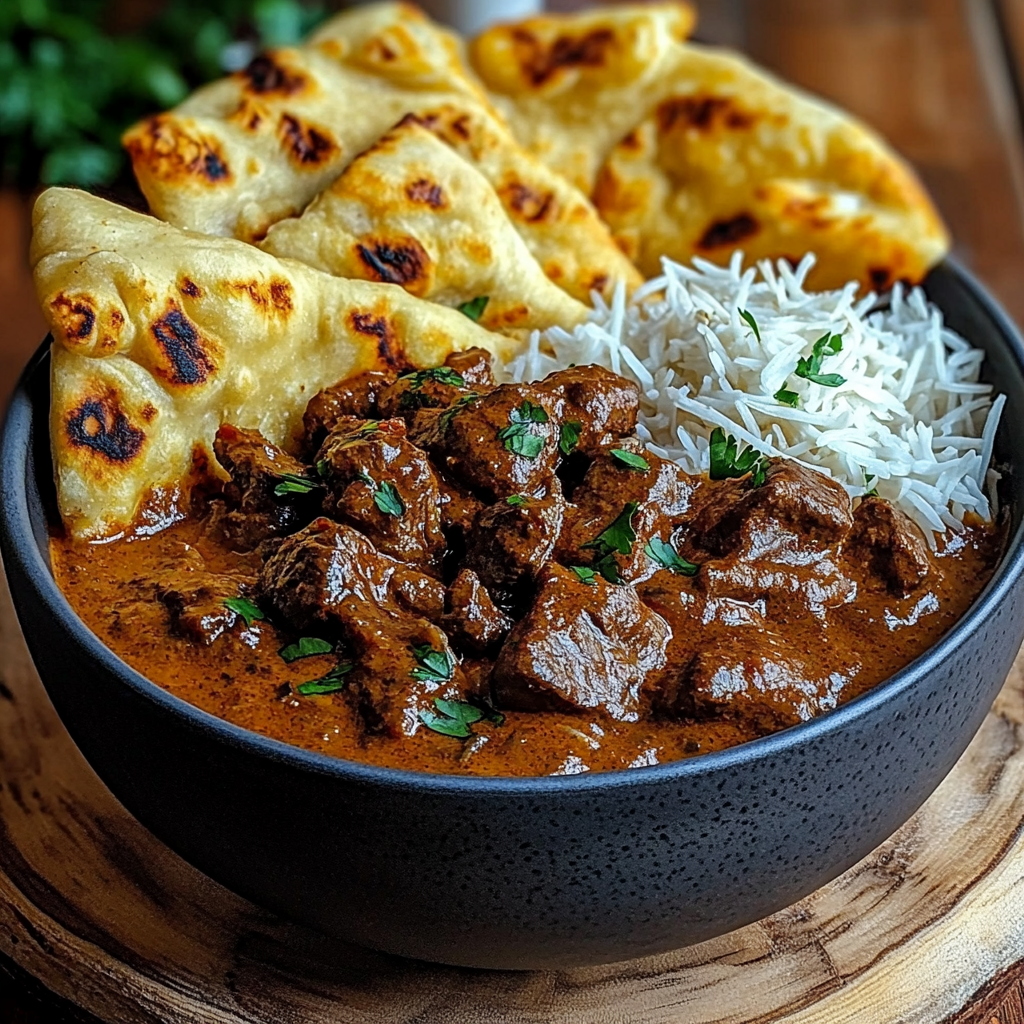
Searing beef for flavor, then deglazing with broth and spices
If you want your fragrant slow-cooked beef curry with creamy coconut and garlic naan to really shine, don’t skip the sear. Browning the beef builds a layer of flavor that you simply can’t fake later with seasoning alone.
Here’s how to do it right:
- Heat a large Dutch oven or heavy-bottomed pan over medium-high heat. Add a swirl of oil—vegetable or ghee works well.
- Pat the beef dry with paper towels and season with salt. Wet beef will steam instead of sear.
- Sear in batches so you don’t overcrowd the pan. Brown the cubes on all sides until they develop a rich, golden crust. This step adds incredible depth to the curry.
- Remove the beef and set it aside. You’ll see brown bits stuck to the bottom of the pot—that’s your flavor base.
Next comes deglazing:
- Add sliced onions to the pan with a bit more oil. Cook until golden brown.
- Stir in garlic and ginger, then your spice blend: turmeric, cumin, coriander, paprika, and a touch of cinnamon.
- Deglaze the pan with a splash of beef broth or water, scraping up those flavorful bits.
Now your pot smells like heaven, and the real magic begins.
Slow cooking times and tips for ultra-tender beef
Once your base is fragrant and golden, it’s time to bring it all together:
- Return the seared beef to the pot. Stir to coat it with all those spices and onions.
- Pour in 1 can (13.5 oz) of full-fat coconut milk and 1 to 1½ cups of beef broth. Add a pinch of salt and a bay leaf if you like.
- Bring the mixture to a gentle simmer. Then, either:
- Cover and simmer on the stovetop for 2.5 to 3 hours on low
- Transfer to a 325°F oven and let it cook slowly, covered, for 3 hours
- Use a slow cooker on low for 6–8 hours
You’ll know it’s ready when the beef breaks apart with a spoon and the sauce is thick, rich, and deeply colored.
✅ Optional Step: Near the end of cooking, add a teaspoon of garam masala and a splash of lime juice. Stir and simmer 5 more minutes. This brightens and balances the flavor beautifully.
Back in my kitchen, I often prep this in the morning and let it slow cook all day while I run errands or tend the garden. The aroma when I walk back inside? Worth every second.
Want more slow-cooked comfort recipes? Don’t miss this stir-fry-to-pot transformation
Making Homemade Garlic Naan: A Southern Twist
Simple garlic naan with pantry staples and skillet magic
Garlic naan is the ideal partner for a bowl of slow-cooked beef curry. It scoops, it swipes, and it soaks up every drop of that creamy coconut sauce. But you don’t need a tandoor oven or fancy equipment to make it. Just a skillet, a bowl, and a bit of patience.
Here’s my Southern-inspired take on homemade garlic naan—made simple, with ingredients you likely already have.
Ingredients for Garlic Naan:
- 2 cups all-purpose flour
- 1 tsp baking powder
- ½ tsp baking soda
- ½ tsp salt
- ¾ cup plain yogurt
- ¼ cup warm water (adjust as needed)
- 1 tbsp olive oil or melted butter
- 2 cloves garlic, finely minced
- 1 tbsp chopped fresh parsley or cilantro
Directions:
- In a bowl, combine flour, salt, baking powder, and baking soda.
- Stir in yogurt and warm water. Mix until a shaggy dough forms.
- Knead for 3–5 minutes on a floured surface until smooth and soft.
- Place in a bowl, cover, and let rest for at least 30 minutes. (You can prep this while the curry cooks.)
Cooking the naan:
- Divide dough into 6 pieces and roll into small ovals.
- Heat a cast-iron skillet or heavy pan over medium-high.
- Brush one side of each naan with olive oil or butter, sprinkle with garlic.
- Place the oiled side down in the hot pan. Cook for 1–2 minutes until bubbles form. Flip, cook 1 more minute.
- Remove and sprinkle with fresh herbs. Serve warm.
If I’m feeling extra Southern, I’ll brush the naan with melted butter and a pinch of smoked paprika for a little twist. The naan ends up soft, slightly crisp at the edges, and packed with flavor—just begging to be dragged through that beef curry sauce.
And hey, if rolling dough isn’t your thing, you can even use store-bought naan and reheat it in a pan with garlic butter. I won’t tell.
Check out another hearty dish where bread and beef meet
Best Pairings and Plating for Beef Coconut Curry
What to serve with beef coconut curry (rice, naan, chutney)
Once you’ve got your fragrant slow-cooked beef curry with creamy coconut and garlic naan simmering away and your naan golden and garlicky, it’s time to build a plate that brings it all together.
Here are my favorite pairings to elevate this cozy, flavorful dish:
1. Steamed Basmati Rice
Simple and fluffy, basmati rice lets the curry shine. The long grains soak up that rich coconut sauce without overpowering it. For a boost of aroma, toss in a cardamom pod or bay leaf as it cooks.
2. Garlic Naan (of course)
Fresh from the skillet, slathered in butter and garlic. Tear, dip, repeat.
3. Cucumber Raita
A cooling yogurt-based side dish made with diced cucumber, mint, and a pinch of salt. It balances the warmth of the curry and refreshes the palate.
4. Mango Chutney or Pickled Onion
These bright, tangy condiments cut through the richness. A spoonful on the side adds color and contrast to your plate.
5. Roasted Cauliflower or Saag (spinach curry)
For extra veg, pair the beef curry with roasted cauliflower tossed in turmeric or a side of creamy spiced spinach.
This meal is full-on comfort. It’s the kind of dinner that makes you go quiet at the table for a minute because it’s just. that. good.
Plating ideas for guests and weeknight family dinners
When it’s just the family, I throw everything into a wide ceramic bowl—rice on the bottom, curry spooned generously on top, naan tucked in the side, and a sprinkle of fresh cilantro. Cozy, quick, and real.
But when guests are coming over? I elevate the plating just a bit:
- Use shallow pasta bowls or wide plates.
- Add a scoop of basmati in the center and spoon the curry around it.
- Tuck in folded naan or lean it on the side like an edible scoop.
- Garnish with herbs, a swirl of coconut milk, or even some toasted cumin seeds.
This dish doesn’t need to be fancy, but a little presentation makes people feel special—and shows off all the love you’ve cooked into it.
I’ve even served this on a big platter at a potluck, with a basket of naan and jars of raita and chutney on the side. Folks go wild for it every time.
Storage, Reheating, and Make-Ahead Tips
Storing beef curry without losing flavor
One of the best things about fragrant slow-cooked beef curry with creamy coconut and garlic naan is that it stores like a dream. In fact, I’d argue it tastes even better the next day, once all the spices have had time to mingle and deepen.
Here’s how to store it properly:
- Cool completely before storing. Let the curry sit out (safely) until no longer steaming.
- Use airtight containers: Glass is best, but plastic works too. Portion it out if you plan to eat it in stages.
- Fridge life: Keeps well in the fridge for up to 4 days.
- Freeze it: Coconut-based curries freeze beautifully. Let it cool, then freeze in meal-sized containers or bags. Store flat for easy stacking.
The naan? Wrap it in foil or a zip-top bag and keep in the fridge for up to 2 days. Reheat in a pan or the oven until warm and soft.
I usually double the curry recipe and freeze half. On nights when I don’t feel like cooking, I just pull out a container and dinner’s halfway done.
Want more batch-cook inspiration? Explore this freezer-friendly creamy stroganoff
How to freeze coconut-based curries and keep texture
Coconut milk can sometimes separate when frozen, but it’s easy to fix:
- Stir well before freezing to evenly distribute the fat.
- Thaw in the fridge overnight, not on the counter.
- When reheating, simmer gently over low heat, stirring often. If it looks a little grainy, just whisk in a splash of warm water or broth to bring it back together.
Avoid microwaving from frozen—coconut-based sauces reheat best on the stovetop or in a covered dish in the oven.
The trick is to reheat slowly and let the curry come back to life with care. Just like it was the first time around.
And honestly? Sometimes I think leftover curry is the real prize. The beef gets even more tender, and the sauce—oh, that sauce—is next-level.
Check out another rich dish that gets even better the next day
Troubleshooting and Home Cook Hacks
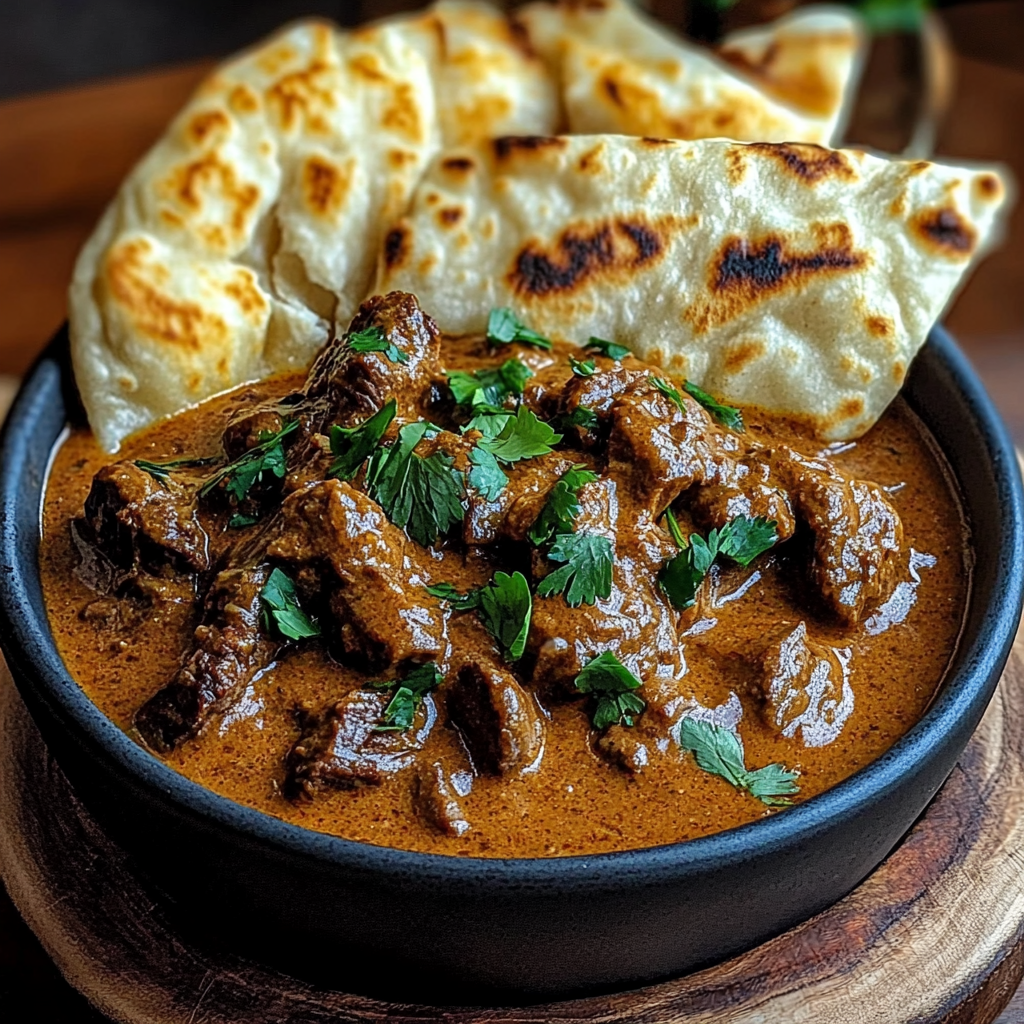
Why your curry tastes flat (and how to fix it)
Ever made a curry that looked right but tasted… meh? It happens. Curry is all about balance—richness, acidity, spice, and depth. When one of those is missing, things can fall a little flat. But don’t worry, here’s how to bring it back to life:
1. It needs salt
This is the #1 reason curry tastes bland. Salt amplifies the spices and brings everything together. Add a pinch at a time, stir, and taste.
2. Add acid
A splash of lime juice, lemon, or a spoonful of yogurt added at the end can brighten everything. Coconut milk is rich and softens spice—it often needs a little lift.
3. Toast your spices
If your curry tastes dull, your spices might not have bloomed properly. Next time, toast them in hot oil before adding other ingredients. It wakes up the flavors.
4. Try umami boosters
Add a teaspoon of soy sauce, Worcestershire sauce, or tomato paste for deeper flavor. It’s not traditional, but it works like a charm.
5. Let it rest
Curry often tastes better after sitting for 30 minutes or overnight. The flavors mellow and deepen as they marry together.
I once made a huge batch of curry for a friend’s birthday potluck, and I thought I ruined it—too coconutty, not enough punch. A squeeze of lime and a pinch of garam masala later? Total save. She asked for the recipe before dessert was even served.
Looking for savory inspiration? Don’t miss this creative fried rice with tender beef
Making it less spicy, more creamy, or vegetarian-friendly
Not everyone at your table wants the heat turned up to 10. Or maybe you’re cooking for a vegetarian crowd. Good news—you can easily adapt this dish.
Too spicy?
- Stir in more coconut milk or a dollop of plain yogurt
- Add a teaspoon of sugar to balance the heat
- Serve with cooling sides like raita or cucumber salad
Want it creamier?
- Use coconut cream or a mix of coconut milk and cream
- Finish with a swirl of plain yogurt or sour cream just before serving
Making it vegetarian?
- Swap beef for chickpeas, lentils, or cubed butternut squash
- Add hearty vegetables like cauliflower, carrots, or sweet potatoes
- Use vegetable broth instead of beef broth
This curry is versatile and forgiving—just like all the best recipes. It doesn’t demand perfection, just a little attention and a lot of love.
Back in my kitchen, it’s become the Sunday dish I play with most. Sometimes I toss in spinach, other times I switch up the spices. But every time, it brings everyone to the table with a smile and a full heart.
📌 Frequently Asked Questions (FAQ)
What is the best beef for slow-cooked curry?
Chuck roast is the top pick for slow-cooked beef curry. It’s well-marbled, flavorful, and breaks down beautifully over time, making it tender and juicy. Brisket and short ribs are great options too if you’re feeling fancy.
Can you slow cook a curry with coconut milk?
Yes, absolutely! Coconut milk not only holds up to long, slow cooking—it thrives in it. Just be sure to use full-fat canned coconut milk for the best creamy texture and to prevent separation.
How to make a slow cooked beef curry?
Start by searing beef, sautéing aromatics (onions, garlic, ginger), adding your spices, then deglazing with broth. Add coconut milk, simmer everything together on low heat for 3+ hours, and serve with rice or garlic naan. The result is fall-apart tender beef in a rich, fragrant sauce.
Does coconut milk go with beef?
Yes! Coconut milk adds richness and a slight sweetness that balances the bold, savory flavors of beef and spices. It’s the perfect partner in this slow-cooked curry.
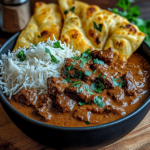
Fragrant Slow-Cooked Beef Curry with Creamy Coconut and Garlic Naan
- Total Time: 3.5–4.5 hours
- Yield: 6 servings 1x
Description
Fragrant slow-cooked beef curry with creamy coconut milk and garlic naan. Tender, bold, and perfect for cozy dinners.
Ingredients
For the Beef Curry:
2½ lbs beef chuck, cut into chunks
1 large onion, thinly sliced
5 cloves garlic, minced
1 tbsp fresh ginger, grated
2 tsp ground cumin
1 tsp ground turmeric
1½ tsp ground coriander
½ tsp cinnamon
1 tsp paprika
1 tbsp tomato paste
1 (13.5 oz) can full-fat coconut milk
1½ cups beef broth
2 tbsp oil (for searing)
Salt and pepper to taste
Optional: bay leaf, lime juice, garam masala
For the Garlic Naan:
2 cups all-purpose flour
½ tsp baking soda
1 tsp baking powder
¾ cup plain yogurt
¼ cup warm water
2 cloves garlic, minced
1 tbsp oil or melted butter
1 tbsp chopped parsley or cilantro
Instructions
- For the Curry:
Season beef with salt. Heat oil and sear beef in batches until browned. Remove and set aside.
In the same pot, sauté onions until golden. Add garlic, ginger, and spices. Stir until fragrant.
Add tomato paste, cook 1 minute. Deglaze with beef broth.
Return beef to pot. Pour in coconut milk. Stir to combine.
Simmer on low, covered, for 3–4 hours until beef is fork-tender.
Optional: Finish with lime juice and a sprinkle of garam masala before serving.
- For the Garlic Naan:
Mix flour, baking soda, baking powder, and salt. Add yogurt and warm water. Knead until smooth. Rest 30 mins.
Divide into 6 balls. Roll out. Brush with garlic and oil.
Cook in a hot skillet until bubbly and browned, 1–2 mins per side. Sprinkle with herbs and serve warm.
- Prep Time: 25 minutes
- Cook Time: 3–4 hours
- Category: Dinner
- Cuisine: Indian-inspired, Southern rustic
Nutrition
- Calories: 535 kcal
